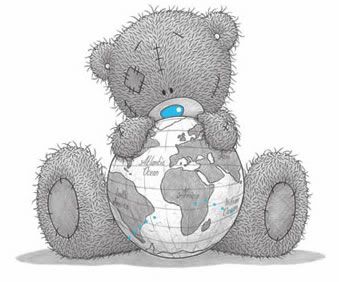Globalization is an umbrella term. It refers to increasing global connectivity, integration and interdependence in the economic, social, technological, cultural, political, and ecological spheres. Globalization in short is how our world is becoming more and more like one country each and every day.
The term "globalization" has acquired considerable emotive force. Some view it as a process that is beneficial—a key to future world economic development—and also inevitable and irreversible. Others regard it with hostility, even fear, believing that it increases inequality within and between nations, threatens employment and living standards and thwarts social progress.
Economic "globalization" is a historical process, the result of human innovation and technological progress. It refers to the increasing integration of economies around the world, particularly through trade and financial flows. The term sometimes also refers to the movement of people (labor) and knowledge (technology) across international borders. There are also broader cultural, political and environmental dimensions of globalization.
Globalization is not just a recent phenomenon. Some analysts have argued that the world economy was just as globalized 100 years ago as it is today. But today commerce and financial services are far more developed and deeply integrated than they were at that time.
In conclusion, as globalization has progressed, living conditions have improved significantly in virtually all countries. However, the strongest gains have been made by the advanced countries and only some of the developing countries.
Zuoqi (:
Sources:

